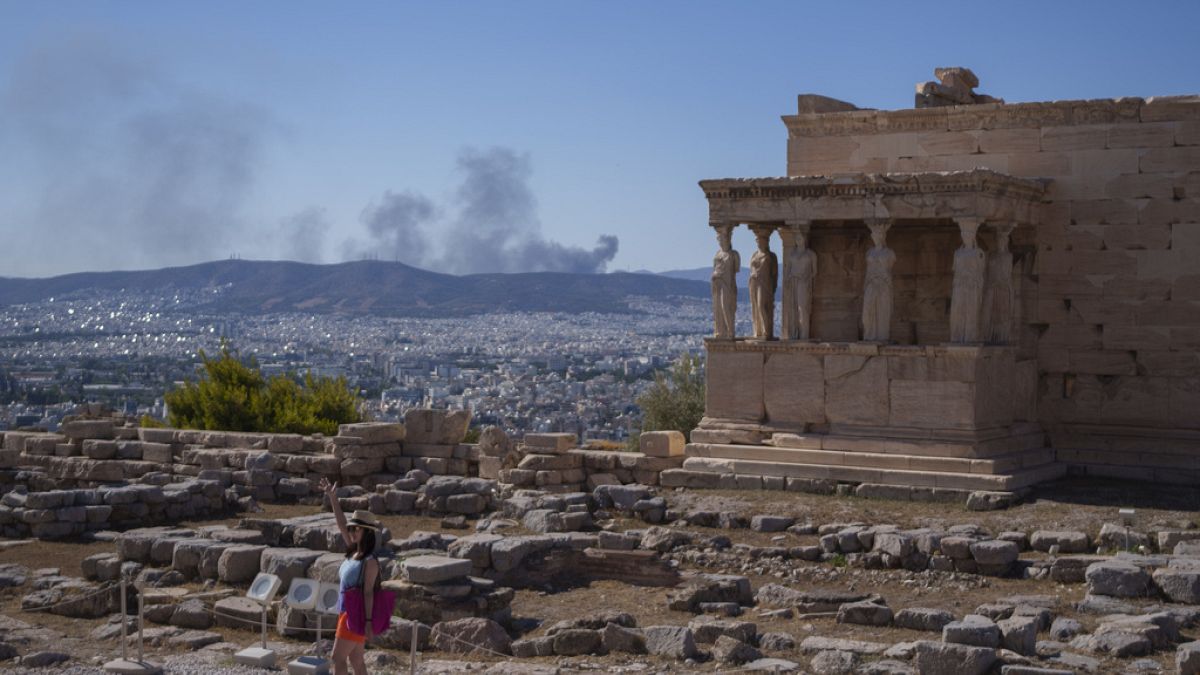The countries of Greece, Croatia, and Romania have been experiencing a heatwave, with temperatures soaring to dangerous levels. Greece’s iconic Acropolis has even had to close for several hours in the middle of the day due to the extreme heat. Meteorologists have predicted that the hot air coming from Africa will continue to bake the nation until Sunday, with temperatures expected to reach 43C on Thursday. Similarly, Croatia has reported record-high temperatures in the Adriatic Sea, with tourists seeking shelter from the sun while exploring the city of Dubrovnik. In Romania, one person has tragically died and another is in critical condition due to the extreme heat. An orange heatwave alert remains in effect for the country.
As the heatwave continues to affect these countries, doctors are emphasizing the importance of recognizing the symptoms of hyperthermia and dehydration. It is crucial to take immediate action to avoid serious health problems that can arise from prolonged exposure to extreme temperatures. It is essential to stay hydrated, seek shade, and avoid overexerting oneself in the heat. People should also be mindful of vulnerable populations such as the elderly, young children, and those with preexisting health conditions who may be more susceptible to heat-related illnesses.
The extreme heat in Greece, Croatia, and Romania has led to widespread concerns about the well-being of residents and tourists alike. The closure of popular tourist sites like the Acropolis in Greece highlights the seriousness of the situation. In Croatia, the rising temperatures in the Adriatic Sea have impacted beachgoers and tourists, prompting the need for increased vigilance and caution. The tragic death in Romania serves as a sobering reminder of the potential dangers associated with extreme heat.
Authorities in these countries have issued extreme weather warnings and alerts to inform the public about the ongoing heatwave and provide guidance on how to stay safe. It is recommended to limit outdoor activities during peak hours, stay hydrated, and seek relief in air-conditioned spaces where possible. By taking preventive measures and being aware of the risks associated with extreme heat, individuals can reduce their vulnerability and protect themselves from heat-related illnesses.
In the midst of this heatwave, it is essential for residents and tourists in Greece, Croatia, and Romania to prioritize their health and well-being. By staying informed about the current weather conditions, following the guidance of local authorities, and taking necessary precautions, individuals can minimize the impact of the heatwave on their health. As temperatures continue to rise, it is crucial to remain vigilant and proactive in preventing heat-related illnesses and ensuring a safe and comfortable environment for all. By working together and supporting one another, communities can weather this challenging period and emerge stronger and more resilient in the face of extreme weather events.











